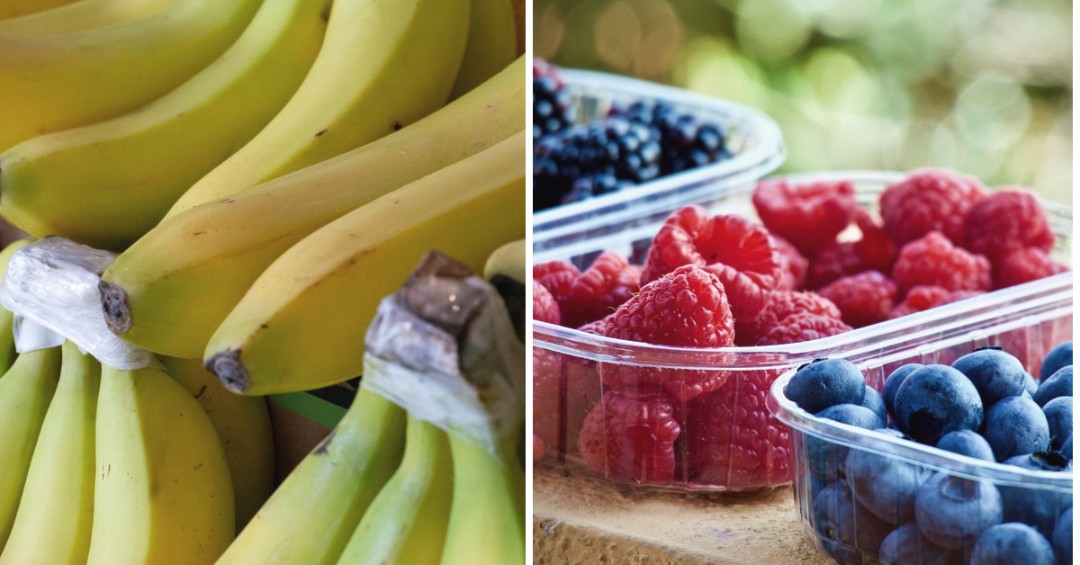The foundation of a healthy lifestyle is through having a nutritious diet. As claimed by the fitness experts, wrapping bananas in plastic and rinsing the berries in a vinegar solution can make them last longer.
Foodies have been advised to place a paper towel on top of the salad bowls to prevent the leaves from going sloppy. Also, they’ve been told to store potatoes with apples as this stops them from re-sprouting.
More Brits are starting their first step as they move away from fast food takeaways in favour of homecooked meals jam-packed with fresh vegetables. Fresh produce vegetables and fruits can only last for a couple of days. Having that said, bulk buying can lead to a massive amount of waste even though they’re often cheap.
Brits have been told to spend more time cooking at home with fresh ingredients. However, the majority understands the hindrance when producing goes off and good food is wasted.
Having enough knowledge on how to store your food adequately to retain freshness can help you save money. Moreover, slowing down the process of it going off helps as well. This also ensures you that you’re eating a nutritious and balanced diet too.
Guide to Storing Staple Foods
Berries
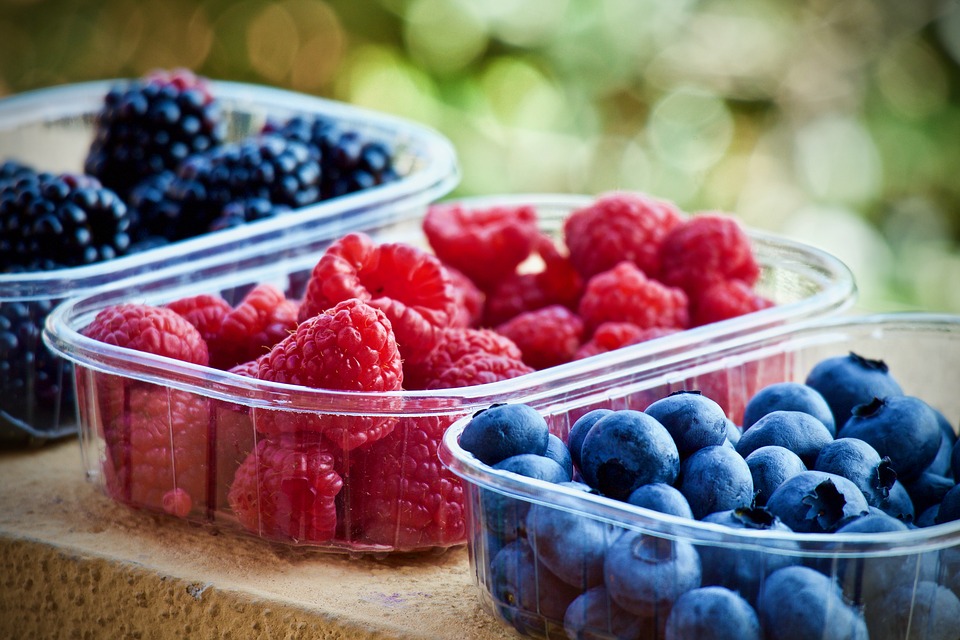
Berries are quite popular for those individuals with a sweet tooth. They’re filled with anti-oxidants, but they have a short shelf life.
To kill any berry-infecting mould spores and help them last longer, here’s what you need to do. Just rinse the berries in a simple vinegar water solution, 1-part vinegar, 10-parts water.
Salad
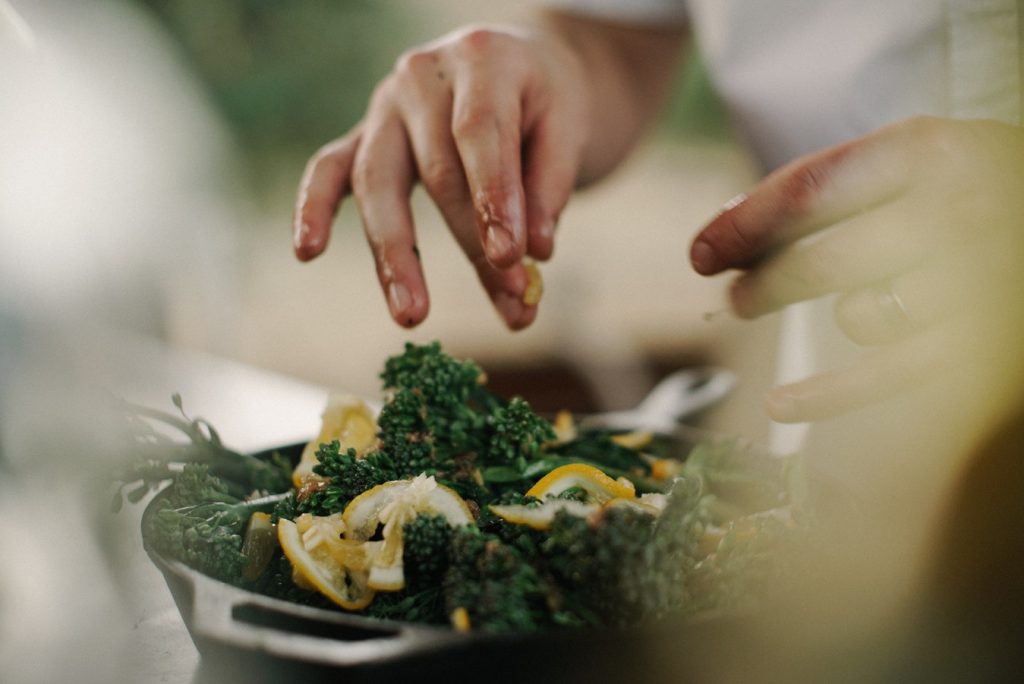
Did you know that your salad will lose its crunchiness when it’s left in the fridge? This is due to the excess moisture produced from the veggies.
Before you put them in a bowl, place a paper towel on the top of the salad to soak the moisture up. Salad lovers can now rejoice as the soggy salad is out from the menu.
Bananas
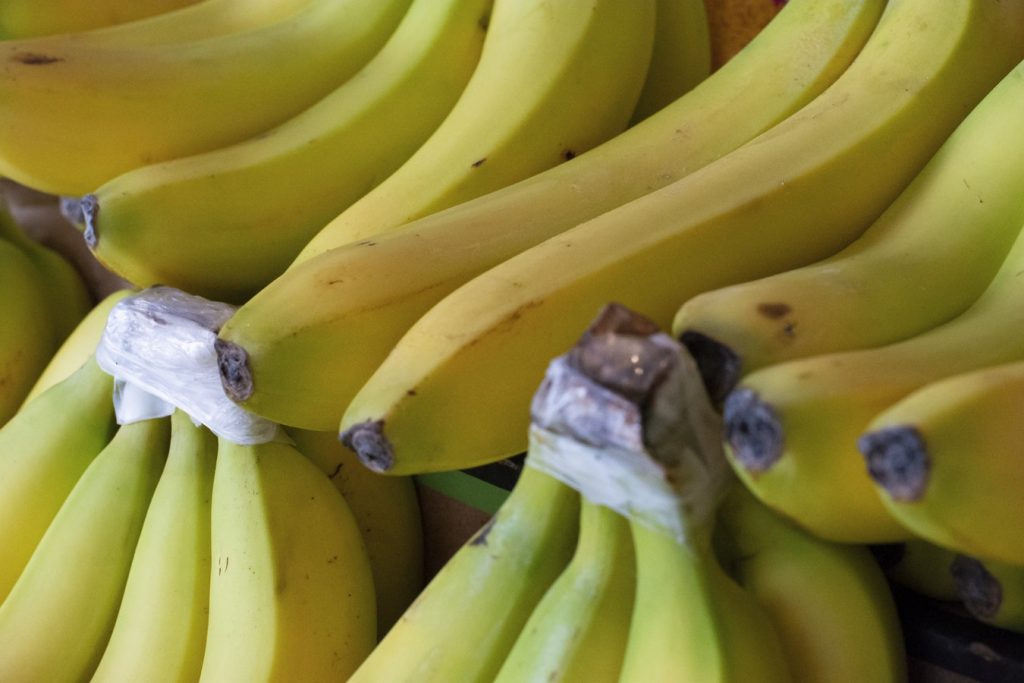
A banana is a great source of potassium and fibre; in fact, it is favoured by both tennis players and children. Banana stems produce ethylene gas which makes the fruit ripens faster.
You can keep the bananas fresh by wrapping each of their individual stem in plastic wrap. In this way, it will prevent the releasing of gas which helps slow the process of bananas going off.
Avocados
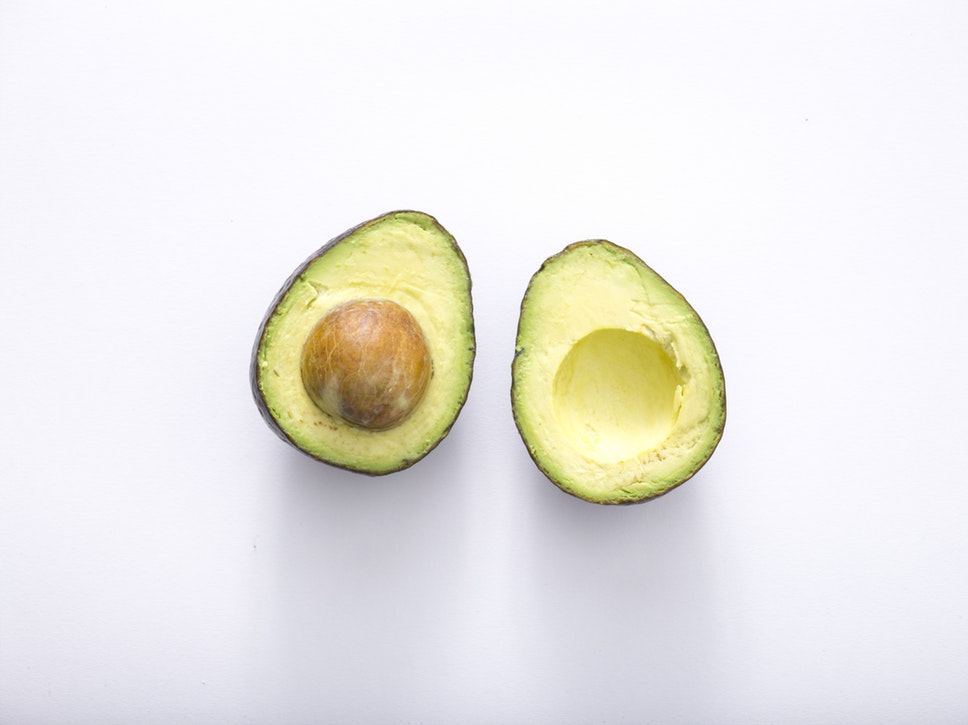
Avocados are now flying off the shelves, and for many, they considered them as staples. Well, thanks to the millennials for rising avocados on the staple charts!
To retain the freshness of your avocados, you can store them at room temperature until they’re soft and ripe. Then pop them in a plastic bag and store them in the fridge for 3 to 5 days.
For avocados that have been cut, wrap them tightly in a plastic wrap. In this way, t will keep them from oxidising. For guacamole, you can stick plastic wrap directly onto the surface.
Potatoes
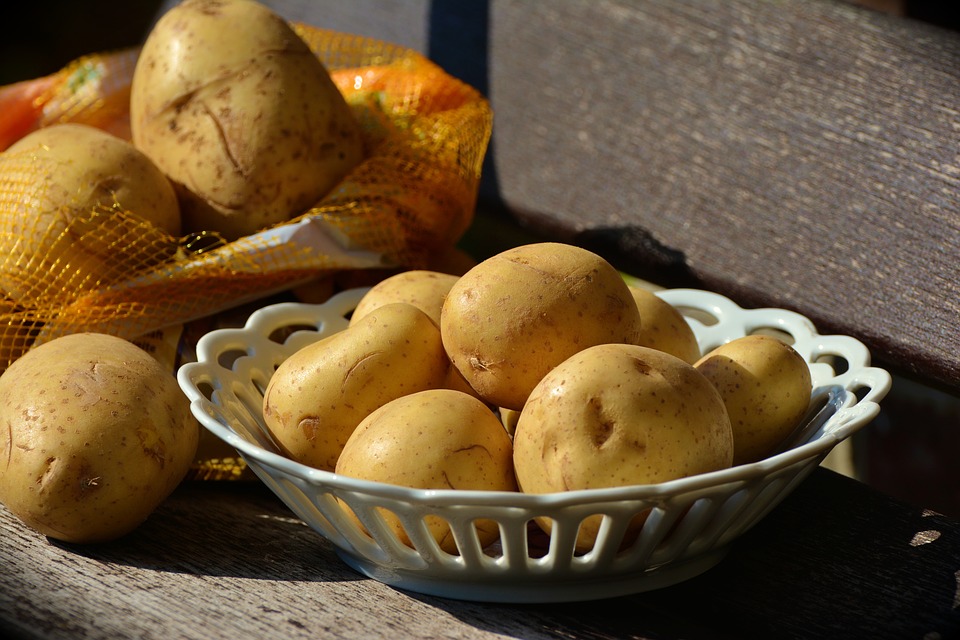
It is crucial to know how best to keep the potatoes well stored considering they’re a staple carbohydrate. To ensure that you’re storing them correctly, avoid storing them near onions as they both release moisture and gases which causes the others to go bad faster.
Instead, you can keep them stored near apples. This will help them keep from sprouting. Moreover, when they’re being kept in the fridge, starch turns into sugar resulting in a change of the taste and how they cook.
Meat
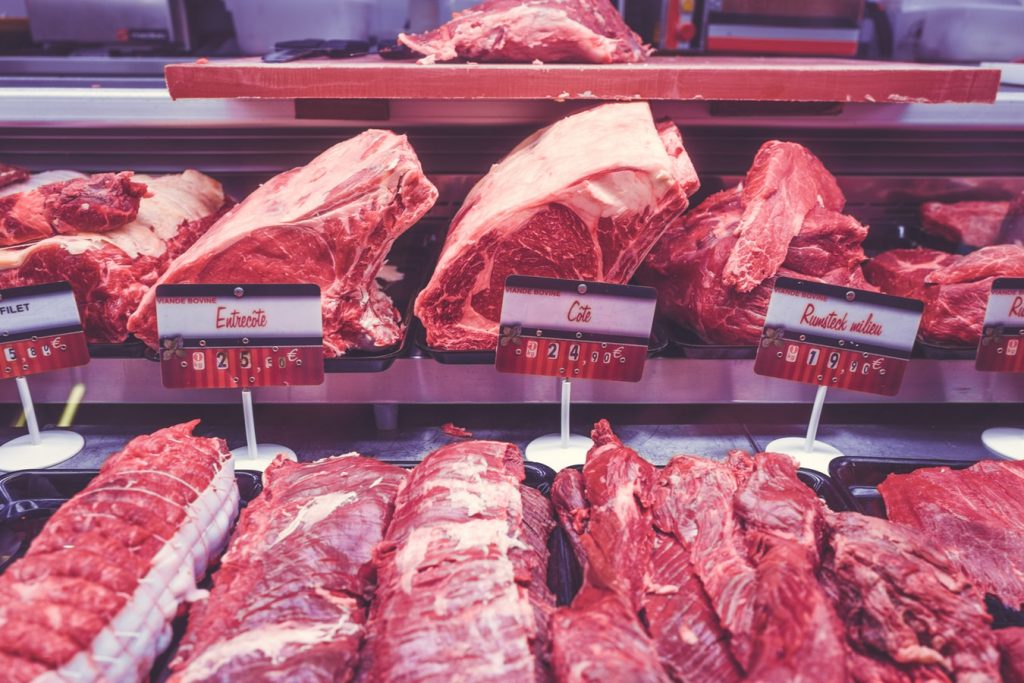
To avoid any juices from the meat dripping on the food, keep them stored on the bottom shelf of the fridge. Also, make sure that they’re wrapped in double to prevent cross-contamination.
Here’s a tip: beef and pork can last up to three to four months in the freezer, but only one to two days in the fridge. On the other hand, chicken can last up to nine months when frozen. So you know what you’re going to do to make your poultry supply lasts.
